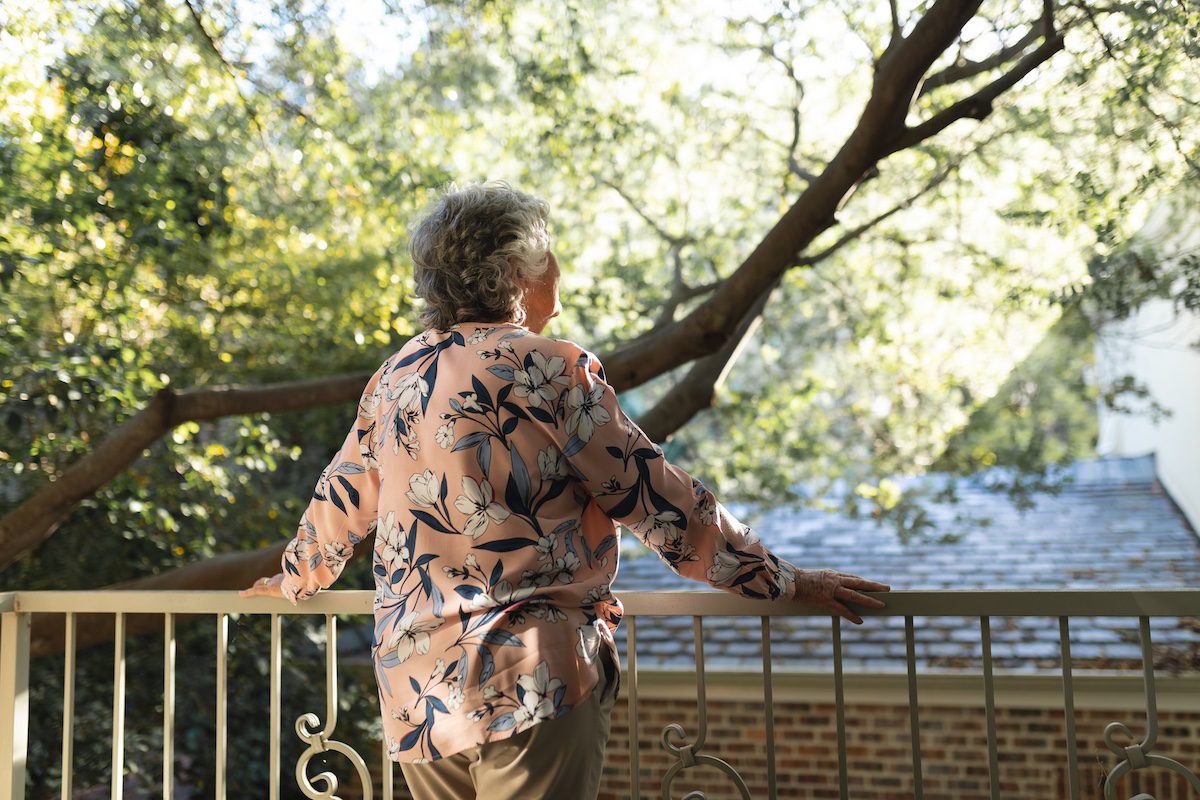Spirituality and religion play a significant role in the lives of many seniors, offering comfort, guidance, and a sense of connection to something greater than themselves.
In senior living communities, where residents come together to live out their golden years, spirituality and religion often play a central role in fostering a sense of community, purpose, and well-being.
In this blog post, we will explore the importance of spirituality and religion in senior living communities, how they are integrated into daily life, and the benefits they offer to residents.
Understanding Spirituality and Religion
As we delve deeper into the role of spirituality and religion in senior living communities, it’s important to understand the significance of these aspects in fostering a sense of community, purpose, and well-being among residents.
Spirituality
Spirituality encompasses a deeply personal sense of connection to the universe, nature, or a higher power. It involves seeking meaning and purpose in life, exploring existential questions, and finding inner peace and contentment. Spirituality is not necessarily tied to organized religion but can be expressed through various beliefs, practices, and experiences.
Religion
Religion refers to organized systems of beliefs, rituals, and practices centered around a deity or higher power. It often involves participation in religious communities, adherence to sacred texts or teachings, and engagement in religious ceremonies and traditions. Religion provides a framework for moral and ethical guidance, community support, and spiritual growth.
The Importance of Spirituality and Religion in Senior Living Communities
Understanding the profound significance of spirituality and religion in senior living communities underscores their role in promoting a sense of belonging, comfort, and emotional well-being among residents.
Fostering a Sense of Community
Spirituality and religion unite senior living communities, bringing residents together in shared beliefs, values, and practices. Participating in religious services, prayer groups, or spiritual discussions creates opportunities for social interaction, mutual support, and a sense of belonging.
Providing Comfort and Support
In times of illness, loss, or transition, spirituality and religion offer solace, strength, and hope to seniors facing challenges. Spiritual practices such as prayer, meditation, and reflection provide comfort and guidance, while religious rituals and ceremonies mark important milestones and transitions in life.
Promoting Emotional Well-Being
Spirituality and religion contribute to emotional well-being by providing a sense of purpose, meaning, and connectedness. Belief in a higher power or divine presence can alleviate feelings of loneliness, anxiety, and fear, fostering a sense of peace and acceptance.
Integrating Spirituality and Religion into Senior Living Communities
As we explore the integration of spirituality and religion into senior living communities, it becomes evident how these practices enhance the sense of community, provide emotional support, and nurture the overall well-being of residents.
Religious Services and Ceremonies
Many senior living communities offer on-site chapels, prayer rooms, or spaces for religious services and ceremonies. Residents have the opportunity to participate in worship services, religious holidays, and spiritual gatherings led by chaplains, clergy members, or volunteers.
Spiritual Care Programs
Senior living communities often provide spiritual care programs that offer support and guidance to residents in their spiritual journey. Chaplains, pastoral counselors, or trained volunteers offer pastoral care, spiritual counseling, and assistance with end-of-life rituals and preparations.
Meditation and Mindfulness Practices
Mindfulness and meditation practices are increasingly integrated into senior living communities as tools for promoting spiritual and emotional well-being. Residents can participate in guided meditation sessions, mindfulness workshops, or yoga classes designed to cultivate inner peace and mindfulness.
Support Groups and Discussion Forums
Senior living communities may facilitate support groups and discussion forums where residents can explore spiritual and existential topics, share personal experiences, and engage in meaningful conversations. These groups provide a safe and supportive space for residents to express their beliefs, ask questions, and seek guidance.
The Benefits of Spirituality and Religion for Seniors in Senior Living Communities
Understanding the myriad benefits of spirituality and religion for seniors in senior living communities highlights the profound impact these practices have on fostering meaning, resilience, and social connection in later life.
Enhanced Sense of Meaning and Purpose
Engaging in spiritual practices and religious activities gives seniors a sense of meaning and purpose in life, especially during times of transition or uncertainty. Belief in a higher power or divine presence provides a framework for understanding life’s challenges and finding meaning in adversity.
Improved Coping Mechanisms
Spirituality and religion equip seniors with coping mechanisms to deal with stress, loss, and illness. Faith in a higher power or spiritual beliefs provides comfort, strength, and resilience in adversity, helping seniors navigate life’s ups and downs with grace and dignity.
Greater Social Connection
Participating in spiritual and religious activities fosters social connection and a sense of community among seniors in senior living communities. Sharing beliefs, values, and experiences with fellow residents creates bonds of friendship, support, and camaraderie that enhance overall well-being.
The Role of Spirituality and Religion in Hospice Care Centers
Spirituality and religion play a crucial role in hospice care centers, offering comfort, solace, and support to patients and their families as they navigate the end-of-life journey. Chaplains, spiritual counselors, or clergy members are available to provide spiritual guidance, emotional support, and pastoral care tailored to the beliefs and values of individuals.
Whether through prayer, meditation, religious rituals, or simply offering a listening ear, spirituality and religion provide a source of strength and comfort for many individuals facing terminal illness. These practices foster a sense of connection to something greater than oneself and help individuals find meaning, peace, and acceptance in the face of mortality.
Hospice care centers often provide spaces for reflection, prayer, and religious ceremonies, creating a supportive environment where patients and their families can find spiritual nourishment and support during this challenging time.
Final Thoughts
Spirituality and religion are vital in senior living communities, offering residents a sense of community, comfort, and purpose in their golden years. Whether through religious services, spiritual care programs, meditation practices, or support groups, seniors have access to resources and opportunities to nurture their spiritual and emotional well-being.
By integrating spirituality and religion into daily life, senior living communities create environments that honor and support residents’ diverse spiritual beliefs and practices, fostering a sense of belonging and fulfillment in their later years.


